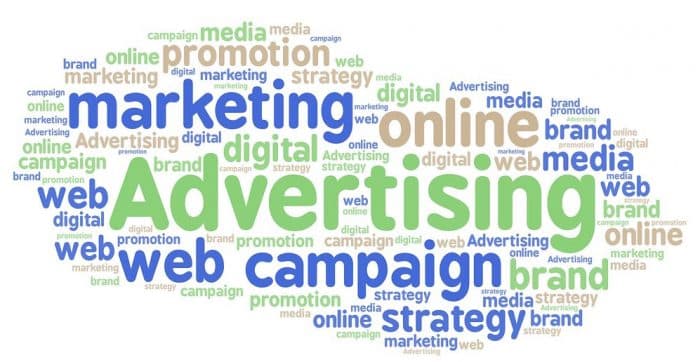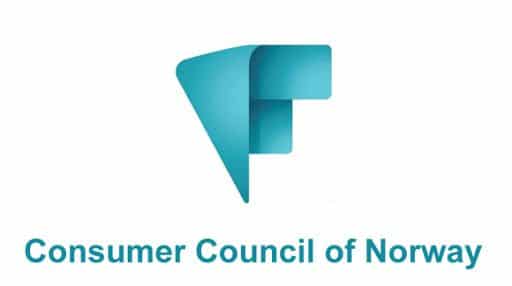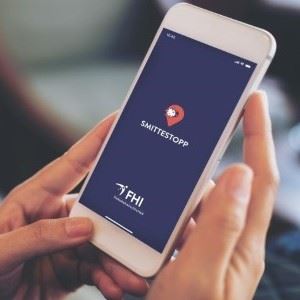“If you are not paying for the product, then you are the product”.
This is a common saying when referring to online services that are offered for no financial payment (“free”).
The reason is that they often collect some personal data about you or your use of the service that the provider then can sell to the online advertising and marketing industry for payment. The payment they get for this covers the cost of providing the service to you and also allows for a profit to be made.
And so, they earn their money, and the app users are their product.
Apps as a source for big personal data
At Runbox we collect only the data that is required in order for us to provide our services to you, and that data is never shared with anyone for marketing or financial purposes.
However, it is common knowledge that companies like Google and Facebook use our personal data for targeted advertising. The personal data collected is anonymized and often aggregated to produce larger data sets, which enable them to target individuals or groups based on common preferences — for instance that they live in a certain location or like to drink coffee.

The idea that your data is anonymized might provide some comfort. But because of smartphones and the smartphone software applications (“apps”) many people use, companies can collect a large range of types of data and so trace individuals without asking for personal details such as your name. An example of this type of data is your smartphone unique identifier (IMEI-number1), and IP-address (when connected via WiFi).
Combined with your email address, GPS data, app usage etc., it is possible to identify specific individuals -– namely you!
Exposing the AdTech industry
To investigate this issue, The Norwegian Consumer Council (NCC), a government funded organization representing consumer interests in Norway, published a groundbreaking report last year about how the online marketing and AdTech (Advertising Technology) industry operates.

The report’s title immediately raised the flag: “Out of Control” (OuC)2. And the subtitle outlines the findings: “How consumers are exploited by the online advertising industry”.
The report tested and analyzed 10 popular “apps” under the umbrella “social networking apps”, and the findings were concerning. Most users of such apps know that registering your personal data is optional, and after the introduction of the GDPR every app is careful to ask for your consent and encourages you to click OK to accept their Privacy Policy.
What many users will not know is how much and how far the personal data is distributed. Only a few users will be aware that clicking OK implies that your data is fed into the huge AdTech and MarTech industry, which is predicted to grow to USD 8.3 billion in annual revenues by 20213.
The players in this industry are giants such as Amazon, Facebook, Google and Twitter. If that was not enough, both iOS (Apple) and Android (Google) have their ways to track consumers across different services.
Apple being more privacy minded than some others have recently developed options to allow the user to reset the “unique” advertising identifier in devices and also stop tracking across WiFi networks to break the identification chain and make it harder to target a specific user.
But the industry also has a large number of third-party data and marketing companies, operating quietly behind the scenes.
The far-reaching consequences of AdTech
This is what the NCC’s report is about, and the findings are concerning:
The ten apps that were tested transmit “user data to at least 135 different third parties involved in advertising and/or behavioral profiling” (OuC, page 5).
A summary of the findings is presented on OuC page 7, and here we find social networking apps, dating apps and apps that are adapted to other very personal issues (for instance makeup and period tracking). The data that is gathered can include IP address, GPS data, WiFi access points, gender, age, sexual orientation, religious beliefs, political view, and data about various activities the users are involved in.

This means that companies are building very detailed profiles of users, even if they don’t know their names, and these data are sent to for instance Google’s advertising service DoubleClick and Facebook. Data may also be sold in bidding processes to advertising companies for targeting advertising.


It is one thing to see ads when you perform a Google search, but it’s quite another to be alerted on your phone with an ad while you are looking at a shop’s window display, or passing a shop selling goods the advertiser knows you are interested in. Scenarios like these are quite possible, if you have clicked “OK” to a privacy policy in an app.

Personalized directed ads are annoying, but even worse is that the collection and trade of personal data could result in data falling into the hands of those who may then target users with insults, discrimination, widespread fraud, or even blackmail. And there is clear evidence that personal data have recently been used to affect democratic elections4.
What happened after The Norwegian Consumer Council published “Out of Control”, will be covered in our next blog post, but we can reveal that one of the companies studied had a legal complaint filed against them for violating the GDPR and is issued an administrative fine of € 9.6 million.
So stay tuned!
References:
- IMEI stands for International Mobile Equipment Identity.
- The report Out of Control was referred to in our previous blog post GDPR in the Wake of COVID-19: Privacy Under Pressure.
- Source: https://privacyinternational.org/learn/data-and-elections
- Source: https://bidbalance.com/top-10-trends-in-adtech-martech/


